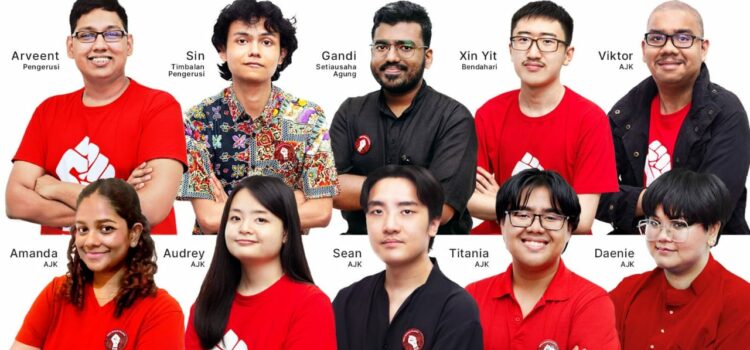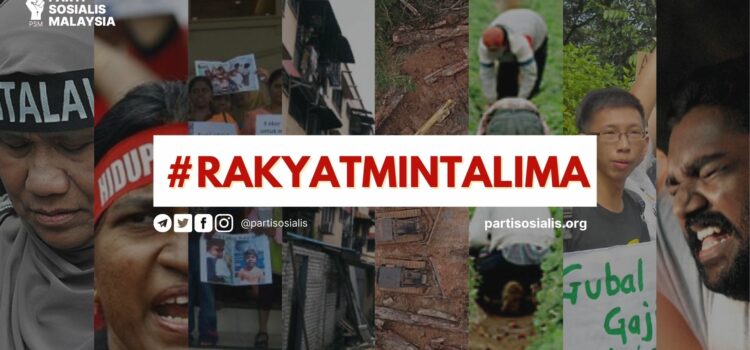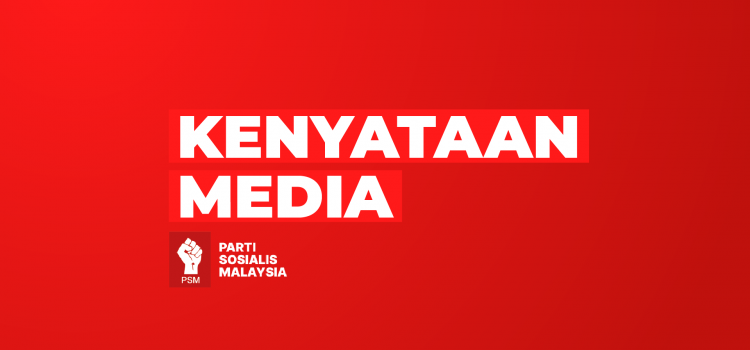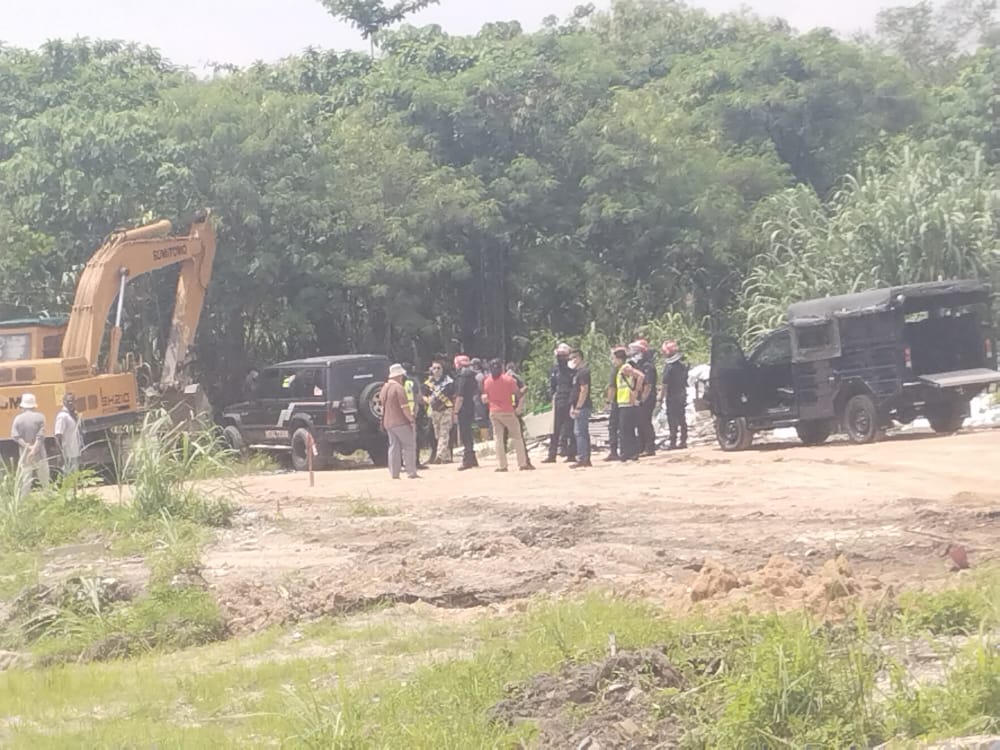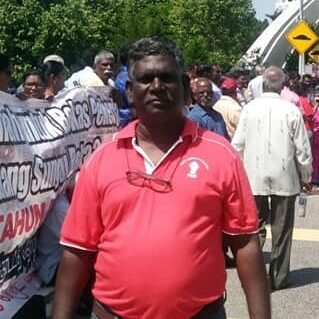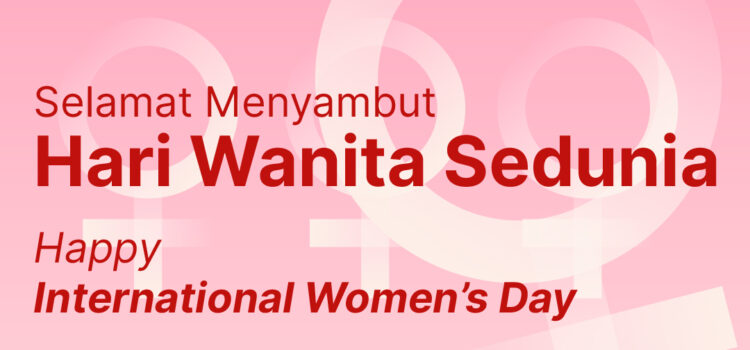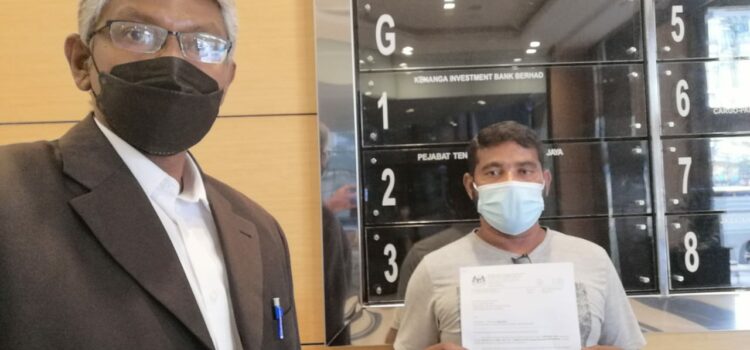Untuk penggal 2022-2024, komrad-komrad di bawah telah dipilih untuk menjadi barisan ahli jawatankuasa Pemuda Sosialis.
Pengerusi: Arveent Kathirtchelvan
Saya seorang aktivis berlandasan Marxisme-Leninisme yang berfokus kepada perkembangan sistem ekonomi dan politik sosialisme di Malaysia. Bersama Pemuda Sosialis, saya ingin berusaha mengasah bakat serta mengembangkan potensi aktivis sosialis muda supaya lapisan aktivis kini dapat terus dikukuhkan. Saya juga seorang aktivis alam sekitar yang berminat dalam isu sumber tenaga alternatif.
Timbalan Pengerusi: Ahmad Yasin @ Sin
Seorang pelajar dengan minat untuk menulis namun sering ditimpa kemalasan yang melarat. Telah menghasilkan beberapa penulisan yang berfokuskan isu komuniti marginal. Mempunyai impian untuk menyaksikan penganut konservatisme dan kapitalisme ditelan bumi serta menjadi baja bagi menyuburkan dunia baru yang lebih mulia untuk semua.
Setiausaha: Gandipan Nantha Gopalan
Seorang graduan jurusan Petroleum Geoscience yang ingin membantu sedaya upaya dalam menggerakkan gerakan sosialisme dan marhaen di negara. Ayuh pemuda-pemudi negara kita dalam menentang ketidakadilan sosial dan membina sebuah masyarakat yang lebih sejahtera untuk semua.
Bendahari: Yap Xin Yit
Sepanjang dua tahun penglibatan saya dalam Pemuda Sosialis, saya telah mengasaskan Biro Keadilan Kekurangan Upaya dan aktif menyumbangkan tenaga kepada Jaringan Pekerja Kontrak Kerajaan (JPKK) untuk membantu pekerja kontrak dalam perkhidmatan awam.
Ahli-Ahli Jawatankuasa:
Emil Malek Chew @ Viktor
Penglibatan saya dalam aktivisme bermula pada tiga tahun yang lepas apabila saya membantu menubuhkan MISI Solidariti (MS). Melalui MS, saya telah memberi sokongan kepada gerakan #Lawan dan #Demi1086. Sejak Januari 2022, saya telah mengetuai Biro Propaganda Pemuda Sosialis dan menggerakkan projek seperti Sosialisme 101. Untuk penggal ini, saya ingin berdedikasi menjayakan Parti dari segi Biro Propaganda dan juga projek jangka masa panjang Pemuda Sosialis yang lain.
Sean
Saya seorang pelajar psikologi yang memahami bahawa krisis kesihatan mental berasal dari sistem kapitalisme yang saban hari kian menyebabkan ramai orang bunuh diri setiap tahun. Saya ingin menjayakan program PSM merampas kuasa supaya isu-isu marhaen boleh diutamakan.
Audrey Chan
Sejak menjadi ahli PSM pada 7 bulan yang lalu, saya telah menulis 2 artikel yang mengetengahkan krisis iklim dunia. Saya juga aktif turun padang dan menyumbang tenaga sebagai ahli Biro Alam Sekitar dan Krisis Iklim (BASKI) dan Biro Propaganda serta mengambil bahagian dalam Gabungan Darurat Iklim Malaysia (GDIMY) dan Forum Kedaulatan Makanan Malaysia (FKMM). Saya cuma rakyat marhaen yang hendak aktif berjuang demi rakyat marhaen.
Titania
Saya berpengalaman selama setahun dalam bidang advokasi LGBTQIA+ dan ingin mengembangkan lagi usaha dalam membebaskan semua golongan kemacar.
Amanda
Saya percaya kepada kepentingan persimpangan dalam setiap aspek. Bersama PSM, saya berhasrat untuk meruntuhkan sistem kapitalis kini bersama komrad-komrad saya. Tidak sesekali patut kita lupakan, kita tidak akan kehilangan apa-apa kecuali rantai kita.
Daenie
Sebagai seorang queer dengan kekurangan upaya, saya berdedikasi dalam membawa isu-isu OKU ke hadapan dan berjuang untuk sistem baharu yang menitikberatkan kepentingan orang kurang upaya. Bersama PSM, saya berhasrat untuk menggalakkan lebih banyak golongan OKU mengambil landasan tindakan langsung!
